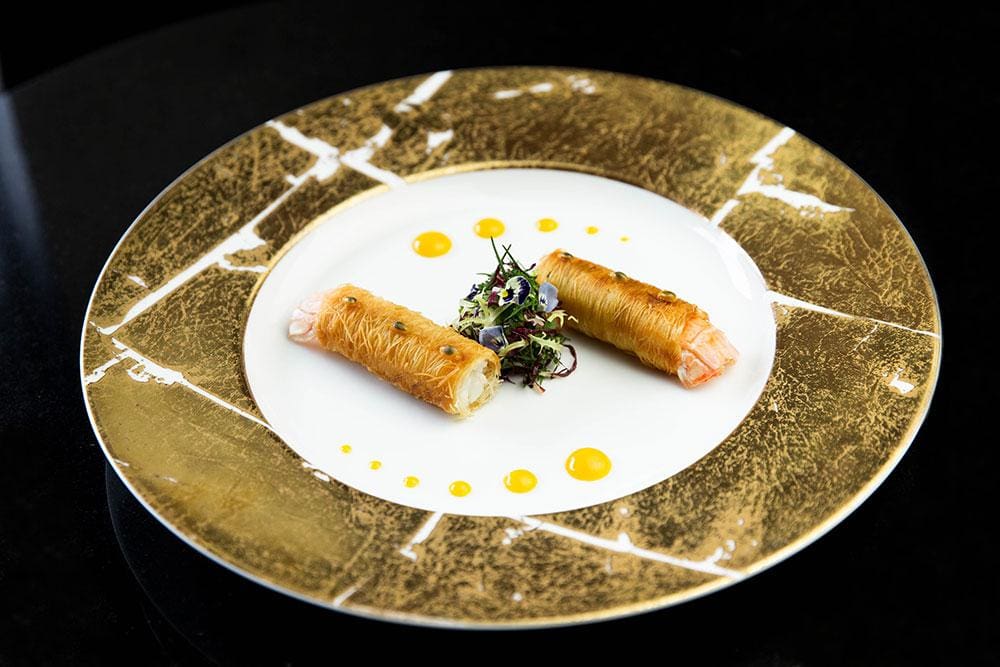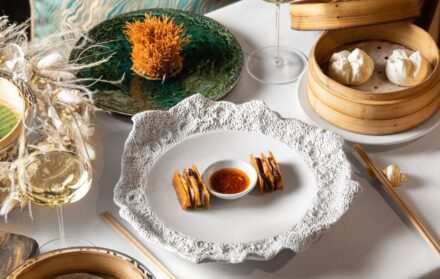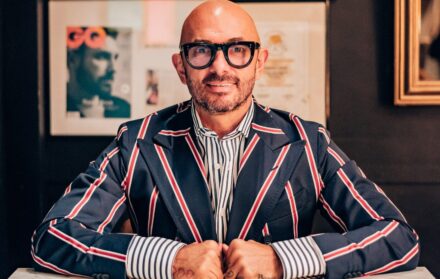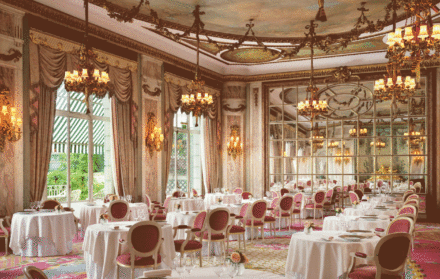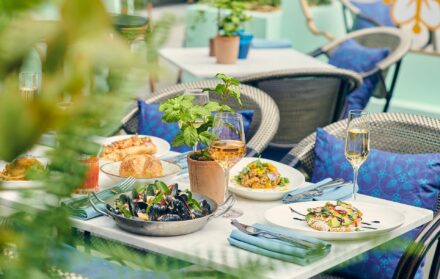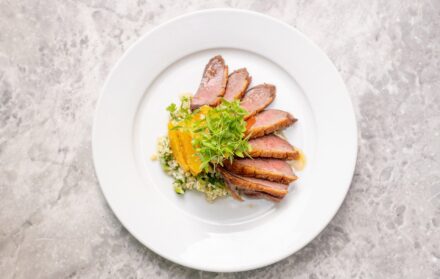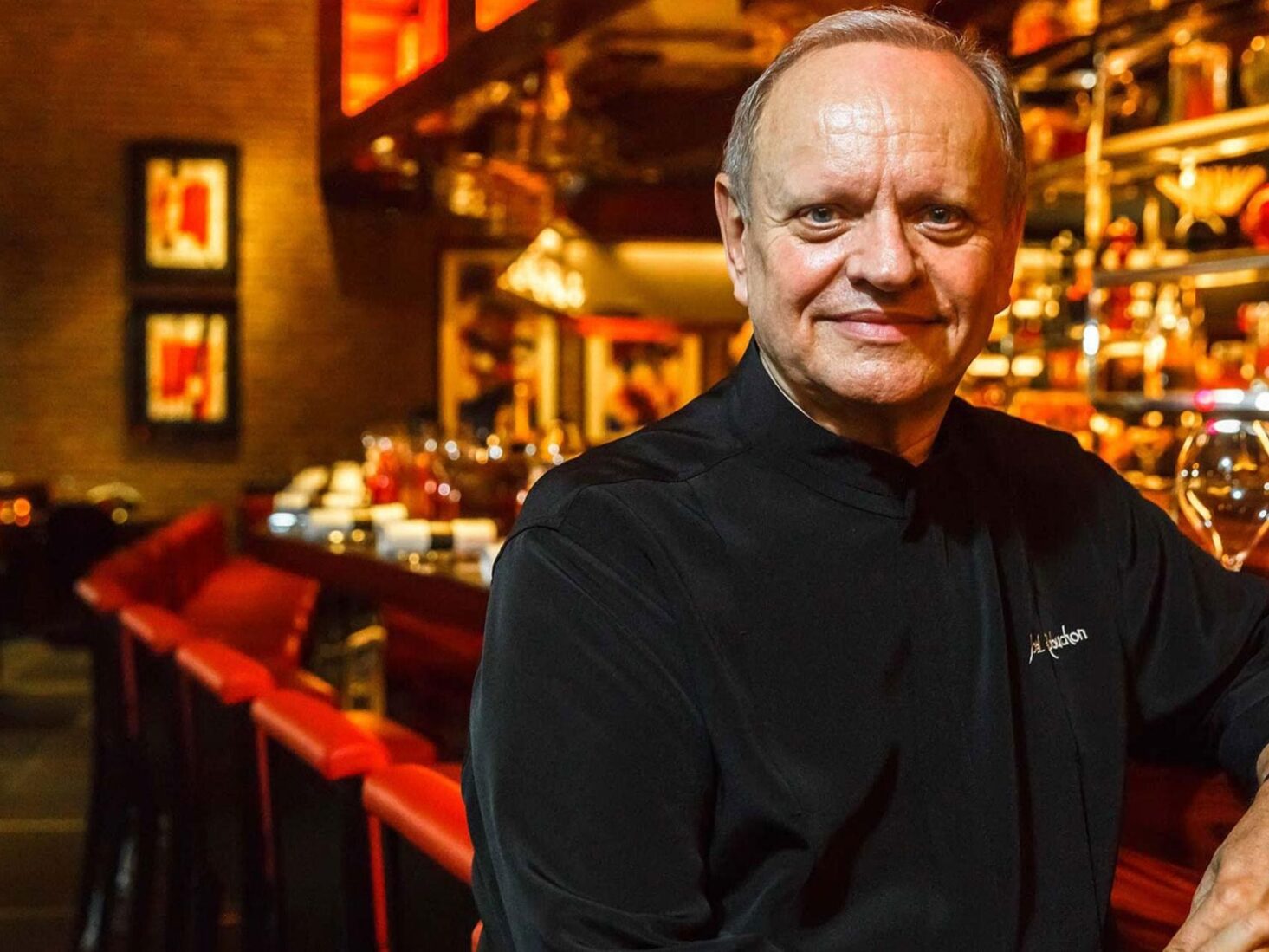
Joël Robuchon:Paying Tribute to the Master French Chef and Restaurateur
Nick Savage remembers the chef of the century, who changed fine dining by championing simple ingredients and sociable eating; held a world record 32 Michelin stars; and built an empire of restaurants that stretched from Las
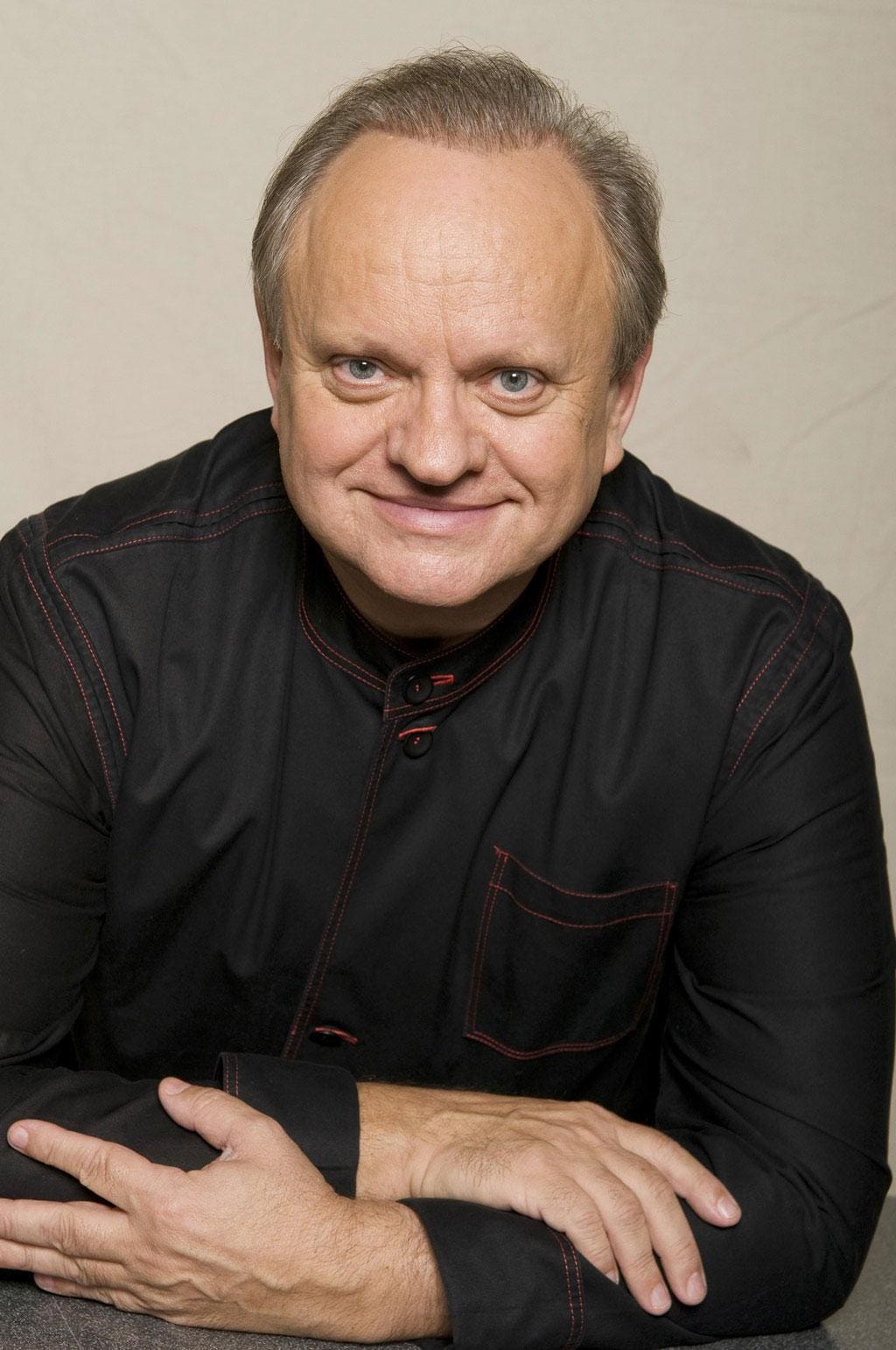
It’s a stark juxtaposition: considering a chef’s impact on the culinary world one week; ruminating on his absence the next, but that’s the experience I recently had following a visit to L’Atelier de Joël Robuchon, Covent Garden. Days after tucking into his legendary pommes purée and caramelised quail, myriad newspapers, blogs and Twitter accounts lit up with tributes to the recently departed chef, who had passed away at 73 following a long battle with cancer.
Mr Robuchon’s impact on the world of fine dining cannot be understated. After starting his career at the tender age of 15 in a monastery in Poitiers, he went from strength to strength, taking over Hotel Concorde La Fayette in Paris as head chef at 29, opening his own restaurant Jamin at 36 (which promptly won three Michelin stars), then packing it all in to focus on his global brand. At the time of his passing, Mr Robuchon had earned 32 Michelin stars across his restaurants; more than any chef on the planet.
L’Atelier de Joël Robuchon was of particular significance. Inspired by the sushi bars of Japan and the tapas bars of Spain, he launched the counter dining concept concurrently in Tokyo and Paris in 2003. The success of L’Atelier spread like a conflagration, with sites opening in Las Vegas, New York, Hong Kong, Singapore, Taipei and, of course, London. One of the reasons for its prodigious popularity was the manner in which Robuchon democratised the rarefied world of nouvelle cuisine, bringing it out of its ivory tower and into a setting where the diner engages directly with the chef. Similarly, he eschewed the subtlety and lightness of nouvelle cuisine in favour of heartier, richer flavours from France and further afield.
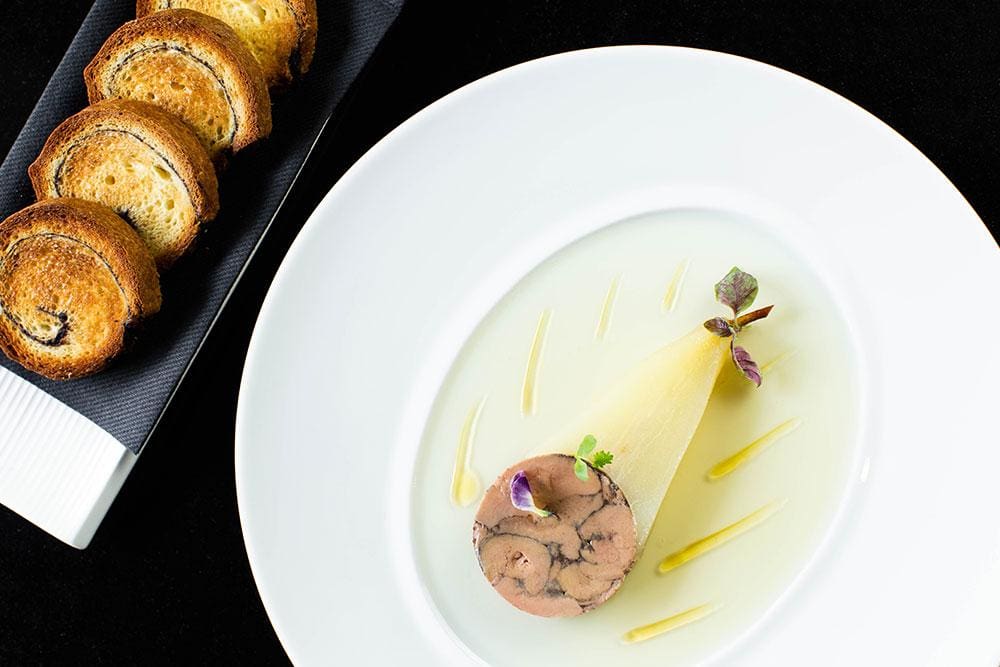
His contributions have been so deep as to inspire paradigm shifts in the way we experience food. He’s known particularly for his pommes purée, which famously calls for a 2:1 ratio of ratte potatoes to butter. Run through a food mill then cooked over low heat with butter worked in gradually, the potatoes barely hold their form and exude an otherworldly richness. That he can make a quotidian dish like mash his calling card further shows how seriously he wanted to make fine dining less exclusive and more relatable.
Similarly, he was one of the first chefs to champion lesser-known cuts and especially game in the 1990s. La Caille – a dish of caramelised quail stuffed with foie gras – is perhaps his second most celebrated dish. There’s a refined earthiness at play in the poultry, which is poached gently in chicken broth and brushed with soy sauce and honey. In London, it dovetailed with the cooking of Fergus Henderson, who aimed to exhume offal from the ashes.
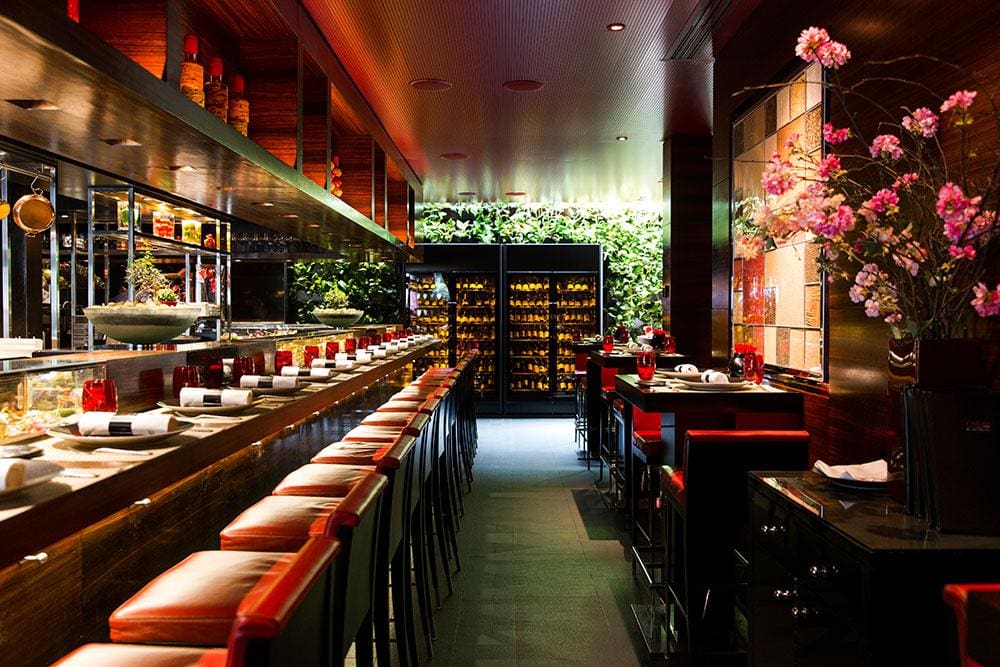
But Robuchon’s influence on the London dining scene isn’t confined to Henderson’s St. John restaurants. Many culinary luminaries have spoken out on social media to pay tribute. Ashley Palmer-Watts, excutive chef at Dinner by Heston, noted that he was lucky to have cooked a private dinner with Robuchon a few years back. Claude Bosi of Bibendum lamented the loss of another legend of French gastronomy. Observer critic Jay Rayner noted on Twitter that “The test of a great chef is the ability to change forever the simplest of things. Robuchon changed the way a certain type of restaurant made mash potato”.
His passion for counter dining has inspired a slew of London restaurateurs. Most obviously Barrafina, but recently restaurants ranging from The Palomar and Padella to Kiln, Kricket and Kitchen Table have favoured having their patrons line the bar, where they can watch the action of the kitchens unfold in real time.
Just a week after experiencing the same excitement where it all began at L’Atelier, it feels a bit strange to say goodbye to a legend, but at least we can rest assured that his culinary legacy, alive and well, continues to inspire chefs in every corner of the globe.
